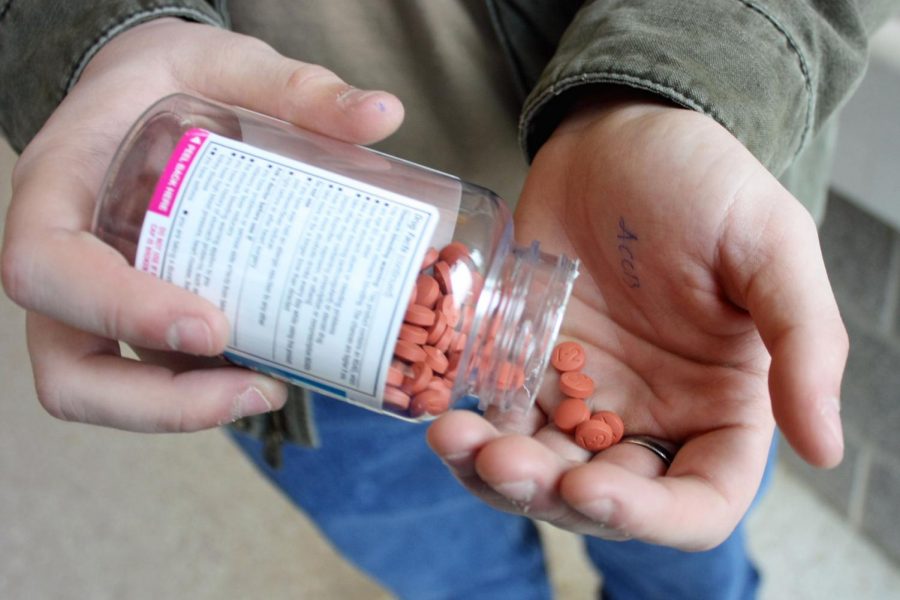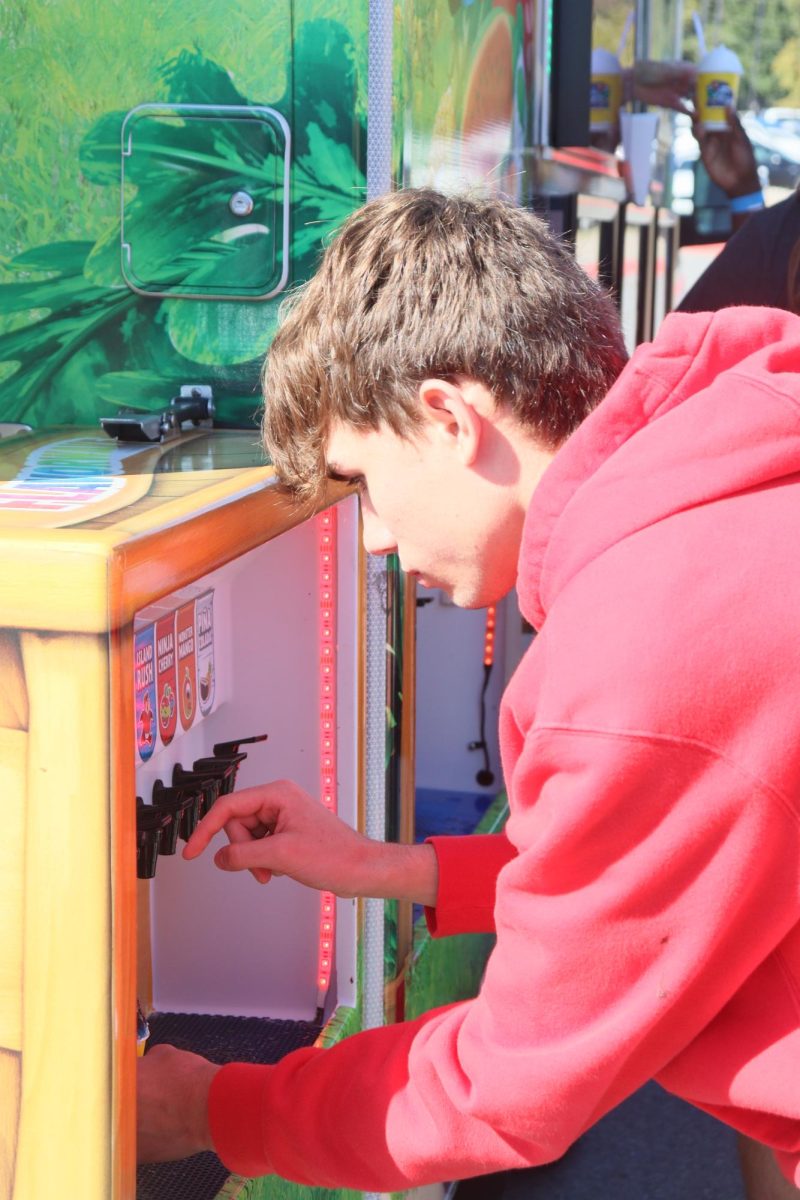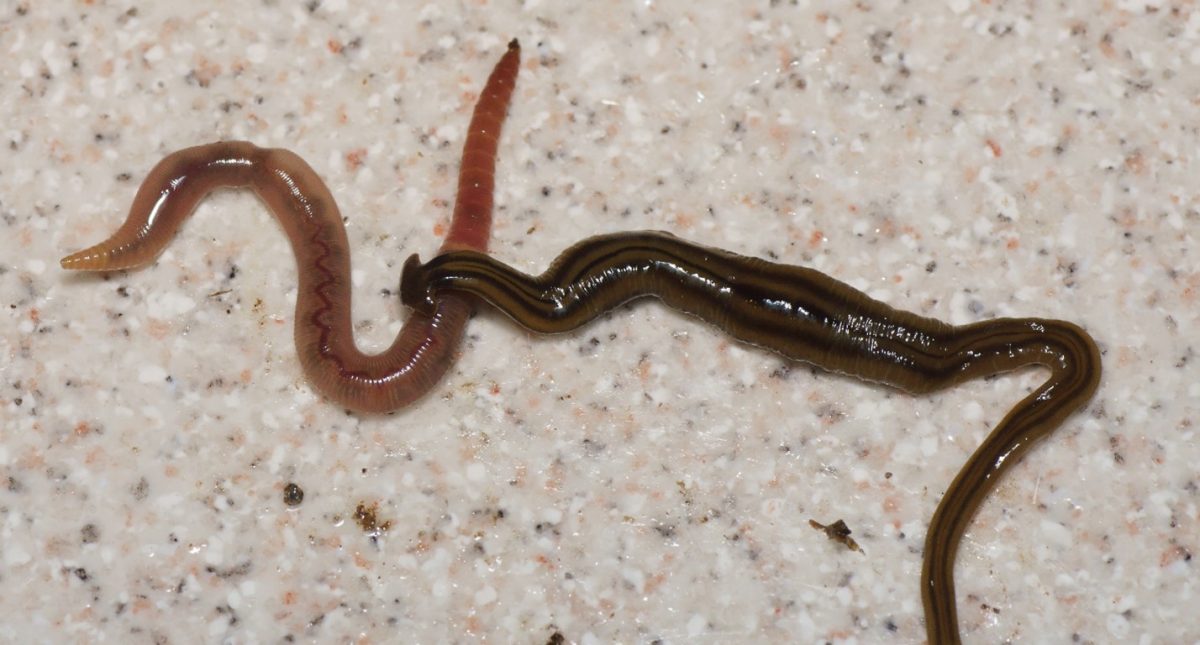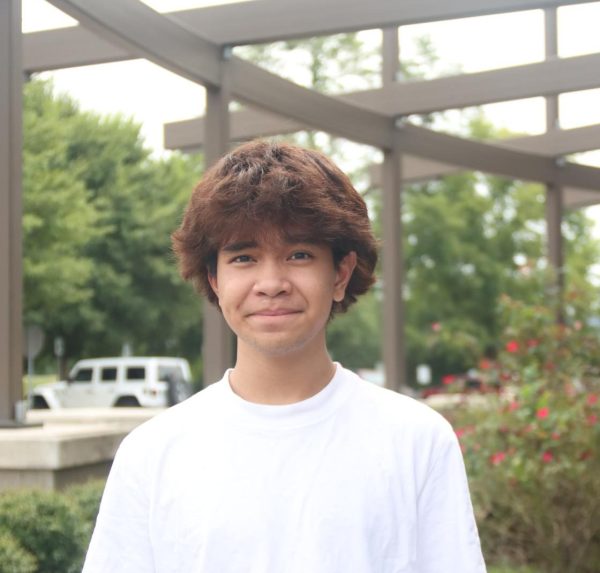Sex is Not Just for Sluts
March 13, 2019
Whether or not adults want teenagers to have sex, many of them choose to do it with or without the approval of their parents. However, without the knowledge they need to practice safe sexual practices, the risk of STDs is high and unwanted pregnancy is quite prevalent.
When students are not educated in school on the correct way to use birth control, the student’s sexual health and intelligence are often left up to the parents, which throws students into a possibly unsafe situation. While some school administrators and teachers think it is the job of parents to provide their children sexual education, many parents hold the same stance on sex as schools, meaning that the child may not receive any sex education other than a firm “don’t do it.”
Those who look to religion for the basis of their sexual education are sometimes made to feel less valuable or ashamed for participating in sexual acts. People are taught that sex is sinful and that it encourages further promiscuity and sinful acts. Some young people are told that when people have sex, they give a part of themselves to that sexual partner, meaning that they lose a piece of themselves by having sex. Making adolescents feel worthless for having natural urges, and that can seriously affect the way that person feels about sex. I suppose using scare tactics to keep down unwanted pregnancy is an option, but it is not the best option. Once people get married, these negative and self-sabotaging attitudes about sex do not just disappear. This feeling of guilt can create a lifelong battle within a person’s psyche, but letting young people know that they are loved and valued whether or not they are a virgin when they get married is crucial for forming a supportive and safe environment for people to share their questions and concerns that need to be addressed.
Most schools in Arkansas do not address the actual act of sex itself; instead, they focus on the negative consequences that can happen as a result of sex. Sadly, sex education does not often include information about consent and what that means for students, both male and female. Obviously, this education would not make sexual violence disappear, but formal lessons about sexual misconduct could possibly decrease the amount of young people who will at some point be sexually attacked (or attack others). There is currently no data to suggest that a decrease in sexual crimes is guaranteed when consent is taught in schools, but this is a major issue that needs to be addressed in some way, and this is a great place to start. Students need to know that sexual assault is more than just rape, and if those things do happen to a student, they need to know that it is not their fault. Sometimes people expect others to know about consent, but it is not always as black and white as it can seem, so teaching students the nuances of the issue should be of the utmost importance in protecting today’s youth as they turn into adults.
In addition to lessons about consent and abstinence, school officials need to realize that regardless of whether they agree with it or not, some students are not straight, and often, LGBT students are completely left out of the sex ed equation. Only nine states in the U.S. require educators to talk about LGBT relationships and sex in the curriculum, while seven states either have laws against mentioning LGBT relationships in their sex education lessons, or they force teachers to frame LGBT relationships in a negative way to try to steer teenagers onto a “straight” path. This leaves thousands of LGBT kids without sex education that applies to them. The stigma around being anything other than heterosexual can already be traumatizing for children who experience it, but now their health and safety is at risk, because they are more susceptible to the spread of STDs and being in abusive or unhealthy relationships. Not discussing non-heterosexual relationships in schools does not make them disappear or not exist. There are many LGBT students who do not know how to protect themselves, which takes a massive group of people who already have a higher rate of mental health issues and puts them in physical danger, all because legislators do not “agree” with their “lifestyle.”
As an adolescent, being sexually curious is normal, and it is important to have an educated adult to go to with questions. People need to know that sex is more than just a way to reproduce. Sex is for more than just continuing the human race. Teenagers should not feel weird, uncomfortable or ashamed for being intimate with another person as long as it is not at the expense of another person. They need to know about contraception and love and intimacy before they are married, or if they intend on waiting until marriage, they need to know these things for the future. Sex means something different to everyone, and no one should be shamed for their attitude towards sex, because as long as they are being safe and honest, and everything is consensual, it’s really no one else’s business. The only thing educators are responsible for is teaching kids how to be safe and healthy, not that what they choose to do is wrong or shameful.








